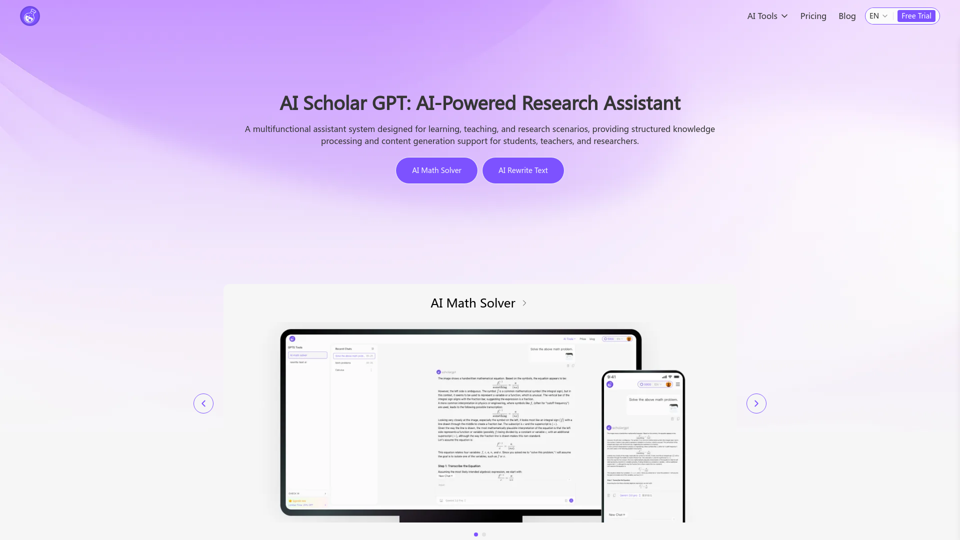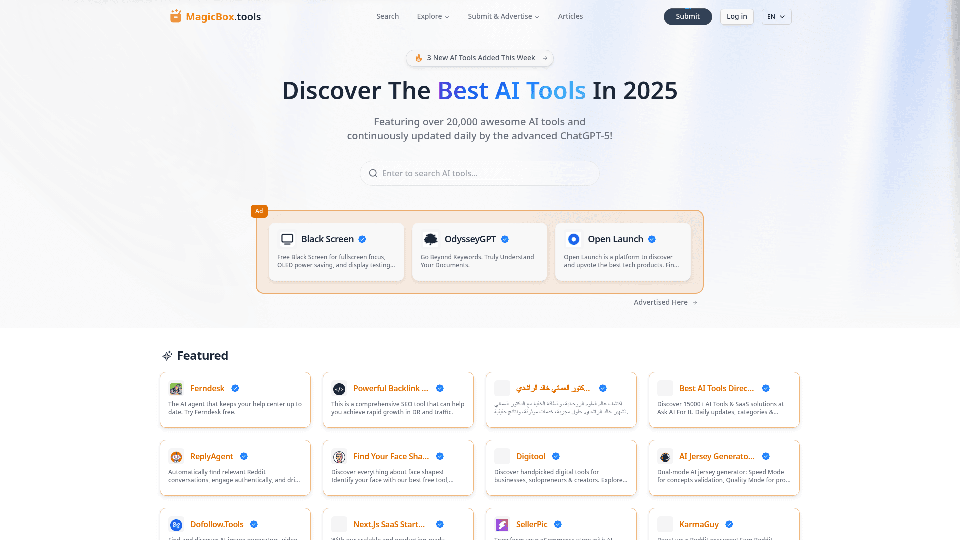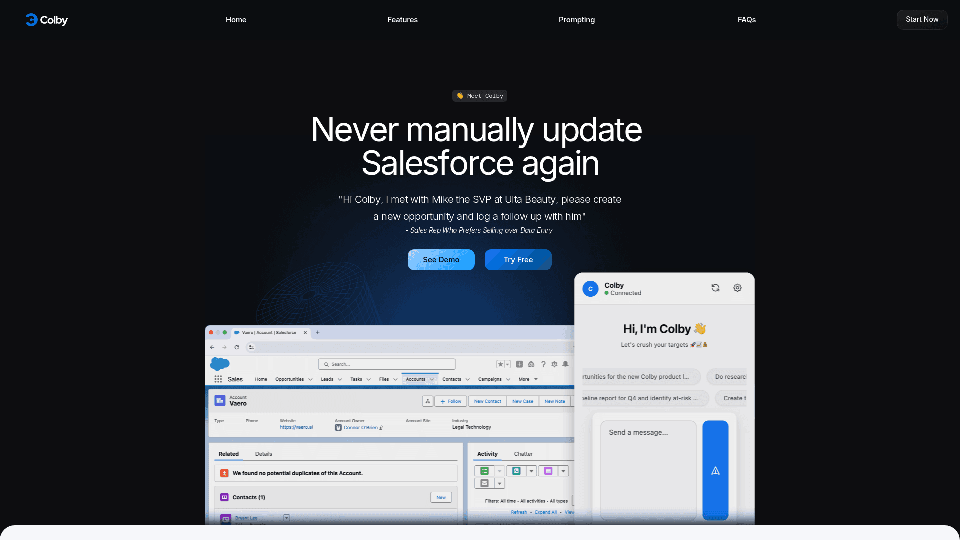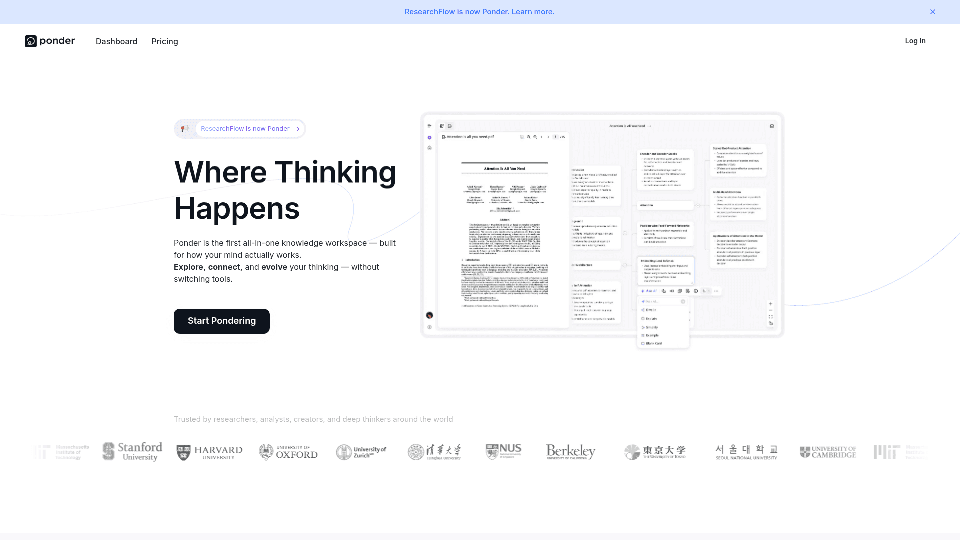What's AI in Academic Research?
Artificial Intelligence (AI) in academic research involves the use of advanced algorithms and machine learning techniques to enhance various aspects of the research process. From writing and editing to data analysis and literature review, AI tools are transforming how researchers conduct and manage their work.
Key Applications of AI in Research
- Writing and Editing: AI tools assist in drafting, editing, and ensuring grammatical accuracy in research documents.
- Data Analysis: Machine learning algorithms help analyze large datasets, uncover patterns, and reduce bias in research findings.
- Literature Review: AI can summarize vast amounts of scientific literature, saving researchers time and effort.
- Experimental Design: AI automates the design process, optimizing parameters and reducing human errors.
Benefits of AI in Academic Research
Integrating AI into research practices offers numerous advantages that can significantly improve efficiency and productivity.
Enhanced Efficiency and Productivity
- Time Saving: AI tools automate repetitive tasks, allowing researchers to focus on critical thinking and analysis.
- Improved Accuracy: AI algorithms reduce human errors and enhance the precision of data analysis.
- Cost Reduction: Automation of processes like data analysis and experimental design lowers research costs.
Critical Reflection and Quality Improvement
- Critical Evaluation: AI-generated summaries and insights prompt researchers to reflect critically on their work.
- Enhanced Quality: By identifying key findings and suggesting improvements, AI tools help refine research outputs.
How to Use AI Tools Effectively in Research
To maximize the benefits of AI tools, researchers should adopt a strategic approach that complements their expertise and research objectives.
Best Practices for Utilizing AI Tools
- Critical Assessment: Always verify AI-generated content against original sources to ensure accuracy.
- Complementary Use: Use AI tools to enhance, not replace, critical thinking and creativity in research.
- Data Management: Ensure data used by AI tools is clean, relevant, and well-structured for effective analysis.
- Ethical Considerations: Avoid over-reliance on AI for writing or generating references; maintain originality and ethical standards.
Selecting the Right AI Tools
- Identify Needs: Determine specific research tasks that could benefit from AI assistance.
- Evaluate Tools: Choose AI tools that align with research goals and have been tested for reliability and accuracy.
- Continuous Learning: Stay updated on new AI advancements and methodologies to leverage the best tools available.
By understanding and implementing these strategies, researchers can effectively integrate AI into their work, enhancing both the quality and efficiency of their research endeavors.




